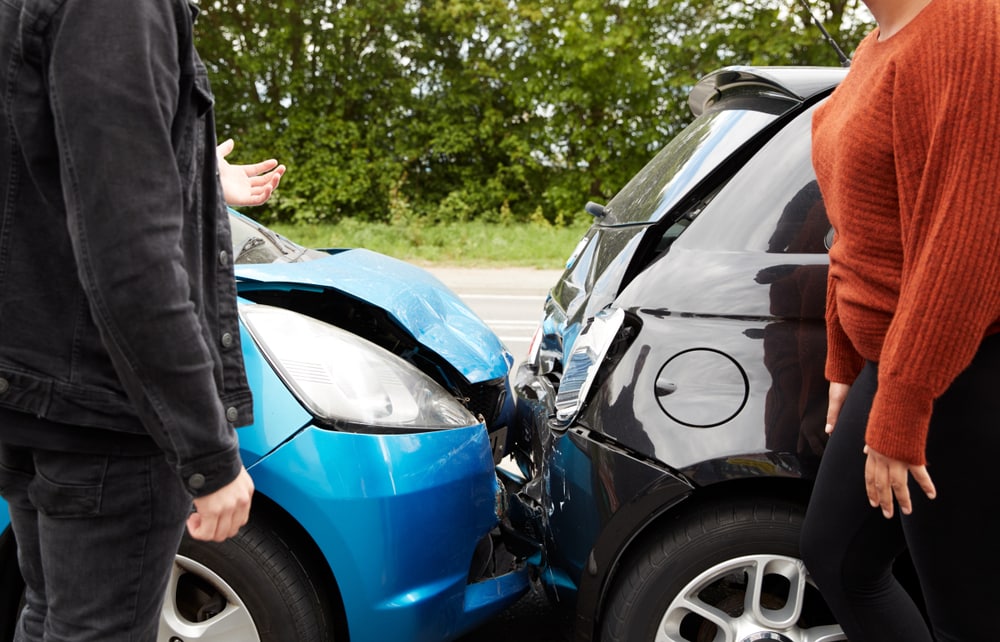
Nobody wants to be in a car accident, but accidents do happen frequently on the road. Being prepared in the event of an accident is the best way to protect yourself and others. Following the right steps after an accident can help keep you safe and ensure your car insurance helps cover the damages. The last thing you want after a car accident is expensive out of pocket costs.
Your insurer likely has an accident checklist to help keep you protected in the event of an accident. When you purchase car insurance, it is important to review this checklist or keep it nearby. Save a copy to your phone and keep a copy in your car in case of an accident. Keep reading to learn what to do if you’re in a car accident.
What is the first thing to do after an accident?
After a car accident, it is easy to panic. However, panic often leads us to make the wrong decisions. If you are prepared with your car accident checklist, you can start following the list instead of letting yourself become too anxious or panicked.
Immediately after a car accident, the first thing to do is stop your vehicle. Most people would be inclined to move their vehicle out of the way after an accident, but that is not always the best idea. It may not be safe to move your car, so you should evaluate the situation before doing anything else.
Car Accident Checklist
Once you are completely stopped, you should assess the full extent of the damage, contact the proper authorities, and collect proper documentation for your insurer. Follow these steps after a car accident:
- Check yourself for injuries. If you are injured, wait for help or call 911 if possible.
- Check on the passengers in your car and call 911 if there are injuries.
- Contact the police, even if nobody is injured. In some cities, police respond to all accidents, helping assess the situation and take care of all those involved. In some cases, an official accident report may be required for your insurance claim.
- Get to safety. The local authorities can inform you on whether or not it is safe to move your vehicle. If you are waiting for the authorities and nobody is injured, it may be best to get out of your car and off the road. Carefully assess your surroundings or consult the police before exiting your vehicle.
- Get information from the other driver or drivers in the accident, including names, addresses, phone numbers, and driver’s license numbers. You should also collect license plate numbers and vehicle identification numbers. If there are other passengers or witnesses, collect their information as well.
- Document the accident with photos, an official police report, and any other documentation required by your insurance company.
- Contact your insurance company immediately to obtain any further instructions on filing your claim and documenting your accident.